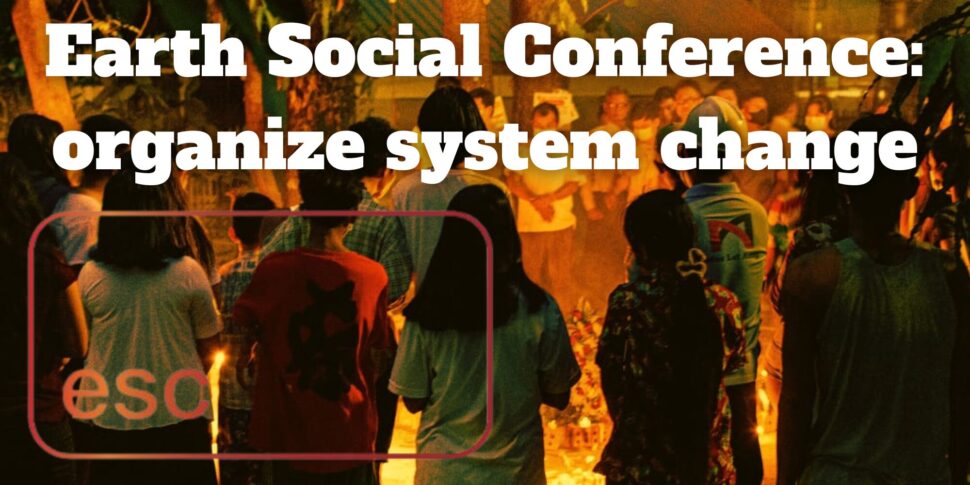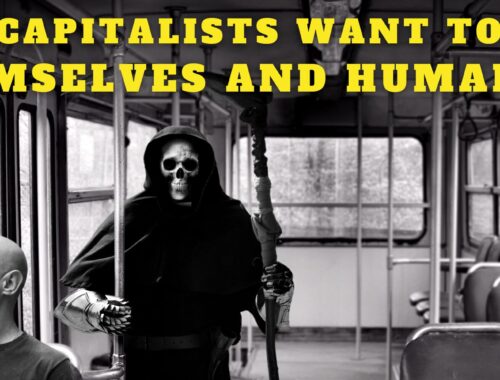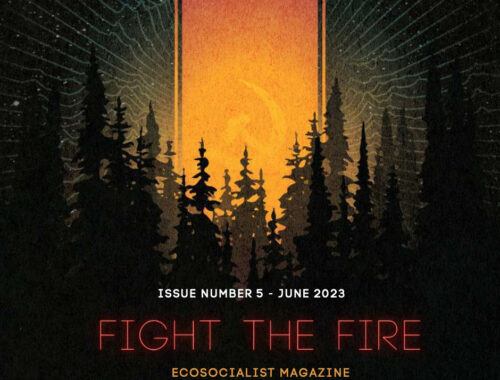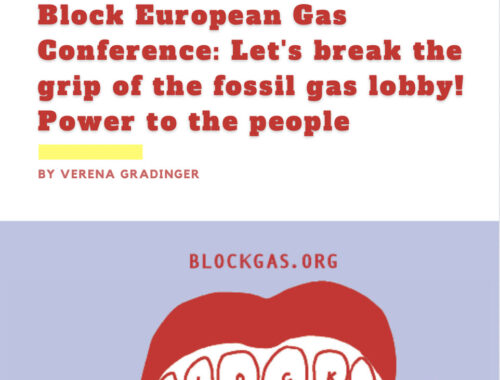
Earth Social Conference: organize system change
BY ALICE GATO
In the last month of 2023, fifty organizations and dozens of militants from the climate and other social justice movements got together in Casanare, Colombia, while the 28th Conference of Parties (COP) of the United Nations Framework Convention on Climate Change was taking place in Dubai. People came from different places, different movements and different experiences, backgrounds and perspectives, but something united all: the COP process was built to fail, it won’t cut the necessary emissions in time. If preventing climate collapse is to be done, it is up to us, civil society, to do it. This is the reason behind the organization of the the first Earth Social Conference (ESC). ESC was an international conference that proposed the creation of the articulation to achieve climate justice within the climate deadlines, not delegating this responsibility to the institutions that have caused this crisis.
Facing the truth: COP is working just fine
The news that COP29, in Azerbaijan, will be presided by another former CEO of an oil company and organized by a group exclusively composed by man outraged many people. It can be outrageous, but hardly surprising. COP28, in Dubai, was presided by an oil magnate and broke the record of fossil fuel lobbyists present. COP27 happened in another country where activists were being tortured by speaking against the regime. COP26, in Glasgow, happened in a country where activists are being imprisoned for demanding no new oil and gas licenses. The year before that, COP didn’t happen at all.
But even if COP wasn’t presided by fossil fuels executives or if it was to take place somewhere where activists aren’t being persecuted for demanding climate justice (if there is such place), would it change anything? Year after year, COP after COP, emissions kept increasing. 2023 was the warmest year on record and it was also, once again, the year in which the record of highest fossil fuel emissions happened. COP is working just fine: they (governments and companies) are increasing their profits, while boiling up the planet, maintaining at the same time the illusion that they are doing all they can to address the climate and social crisis.
This article isn’t about COP, it’s about us – the movement. How should we respond to this madness?
COP cannot be pressured, it needs to be dismantled
Civil society organizations have been present at COP since its beginning. They have diversified the ways in which they engage with these negotiations, organizing demonstrations and side-events (although the side events have become inside-side events over the last years), but the underlying logic is the same after almost 30 years of negotiations that are pushing us over the 1.5ºC warming edge: we need to do protests before COP to make sure that our demands are on the negotiations table, we need to be present at COP to monitor the negotiations and hold governments and companies accountable, and after COP ends in failure, we will prepare to be back next year. The reasoning is that if civil society wasn’t at these negotiations the outcomes would be much worst (perhaps 3ºC warming instead of 2.9ºC), and that the movement should have one foot inside of the negotiations and another foot outside, pursuing more radical ways of action.
There are two major problems with this logic:
One: It assumes that incremental changes of the inside-the-system are better than no changes. The inside-the-system approach of pressuring governments, institutions and corporations hasn’t worked for the past three decades because it’s impossible to solve the climate crisis within capitalism. We will not limit the temperature to 1.5ºC, or even 2ºC within the capitalist system, and our movement needs to act accordingly. This logic hides different paths of struggle the same way that institutions do: we need a global revolution within climate deadlines, which won’t be based on pressuring the capitalist rulers to stop destroying humanity, but on dismantling them and their structures to create something new.
Two: “Civil society” organizations being at COP is part of the reason why COP is working just fine. They are helping to maintain the illusion that we are all working together to address the major crisis that humanity has faced. The only thing that gives social legitimacy to these negotiations where there is no commitment to cut emissions is the fact that the movement appears to hope that they could work if we just apply enough pressure and are persistent. This is standing in the way of more radical action, and how people perceive the necessity of more radical and structural approaches.
This is why we proposed something different: boycotting COP and organizing a conference where the movement could meet at a global level to plan how to execute system change within the climate deadlines.
The first Earth Social Conference
The main goal with the call for the first Earth Social Conference was to show the to movement that there is another way, that there is an alternative to the institutional plans that are leading us towards climate hell, and that the movement needs to invest in this other path. This other path is not about what others will do, it’s not about how to get the less disastrous outcome possible out of COP, but it’s about how we, as a movement, will pull the emergency break and forge a new system compatible with climate justice.
There were several challenges on the lead-up to this conference, which mostly had their reason on being organized by a small team of grassroots groups and militants, with limited time and without funds. Another major challenge was a drastic location change just a few months before the conference, from Pakistan to Colombia. Another big challenge were visa restrictions that made impossible for activists from Africa to be present at the conference, which we tried to mitigate by having an entire day online during the conference and several online moments on the lead up and after the conference. Regardless of all of these challenges, we were all committed to make this conference happen, because we knew we could not just wait another year.
The conference, which took place in one of the regions most impacted by fossil fuel extraction in Colombia, was full of energy, of flexibility to the changing circumstances, and of people and groups from several parts of the world committed to make the process work and grow. There were participants from the indigenous movement, from the anti-imperialist movement, from the climate movement, from an ecofeminist background. Some groups present had been boycotting COP for a long time, others for some years, and others attended COP27 and said it was going to be their last COP.
The program was divided into two parts. The first one based on proposals made by different groups prior to the conference organized around four pillars:
- what is the post-capitalist world we envision;
- what is the theory of change that will lead us there;
- what are the strategies we need to implement;
- how do we need to organize (in our contexts, across them, and internationally) to achieve this world
The second part were internal meetings, around the model of international coordination the movement needs from us now. To be able to make decisions at the conference, activists representing organizations needed mandates to do so at the conference, after the previous discussions and the agenda of the conference.
We had rich and heated discussions about these issues, and its content will be available soon. We were able to create some level of trust, agree with the baselines inherent to the purpose of the conference itself, and encourage new proposals and ideas to arise, reaching concrete next steps for 2024.
The future of the Earth Social Conference and boycotting COP
We decided to keep on boycotting COP, organizing the next Earth Social Conference in Mexico in 2024, with local groups committing to making it happen there. Until then, there is a commitment to strengthen the network and the messaging, so this alternative space becomes the main space where climate realist groups and activists go to fight against climate collapse and for system change within climate deadlines. We also decided to start immediately with preparations of the boycott of COP30 (in 2025), that is supposed to take place in Amazonia.
Youth groups present at the conference committed to organize several actions to create disruption on public decision making institutions demanding the end of fossil fuels by 2030, leading to a student uprising in 2024/2025.
There is now a clear commitment to organize international coordination and to plan global system change, preventing climate breakdown.
There are several ways in which we need to keep growing and strengthen ourselves. The first Earth Social Conference was the beginning of a historical political process. Our hopes are that perhaps in a few years we will be at another Earth Social Conference with hundreds of powerful and radical groups and thousands of militants (maybe some of which don’t even exist right now) committed to changing the system within climate deadlines and already with big victories on our side. Maybe then we will be able to look back at this first Earth Social Conference and see how much we have grown and evolved, and identify this conference in 2023 as the beginning of something new and game-changing. For this to happen, our movement needs to accept that the responsibility to change the system lies with us, that we will need to take risks that will lead to game-changing moments for our movement. We call on all groups that share this view to reach out to us and get involved in the next steps that came out from the first Earth Social Conference.





